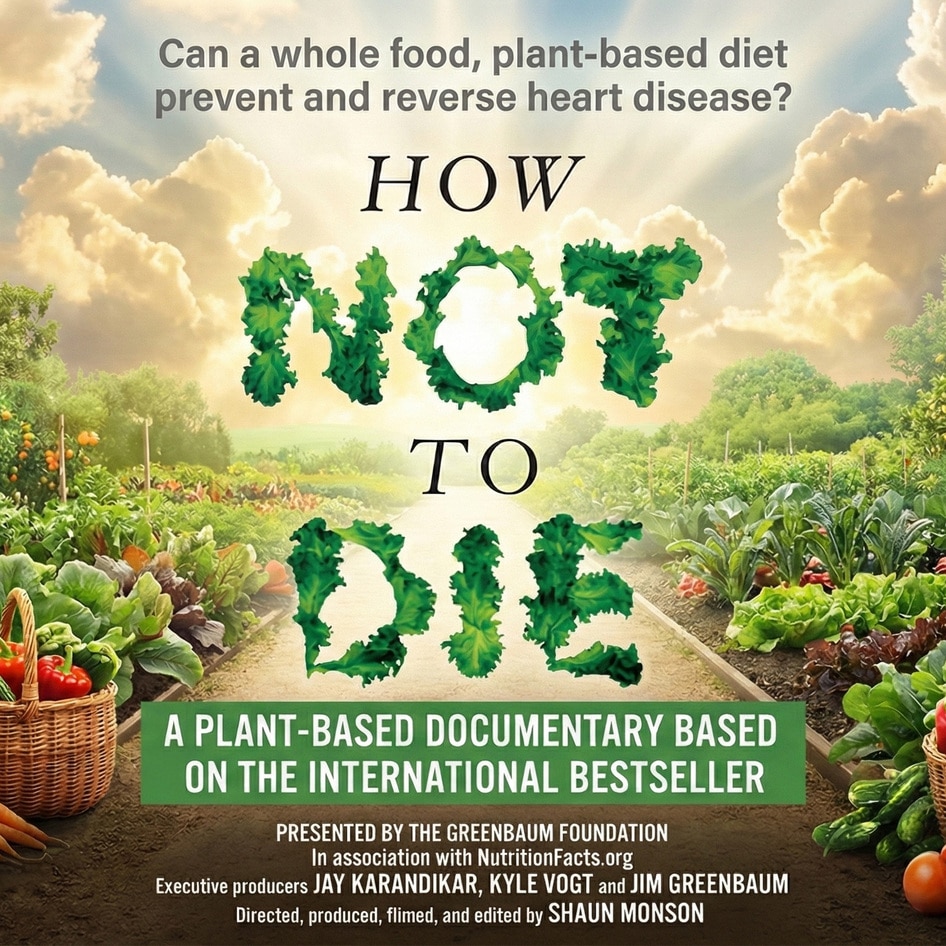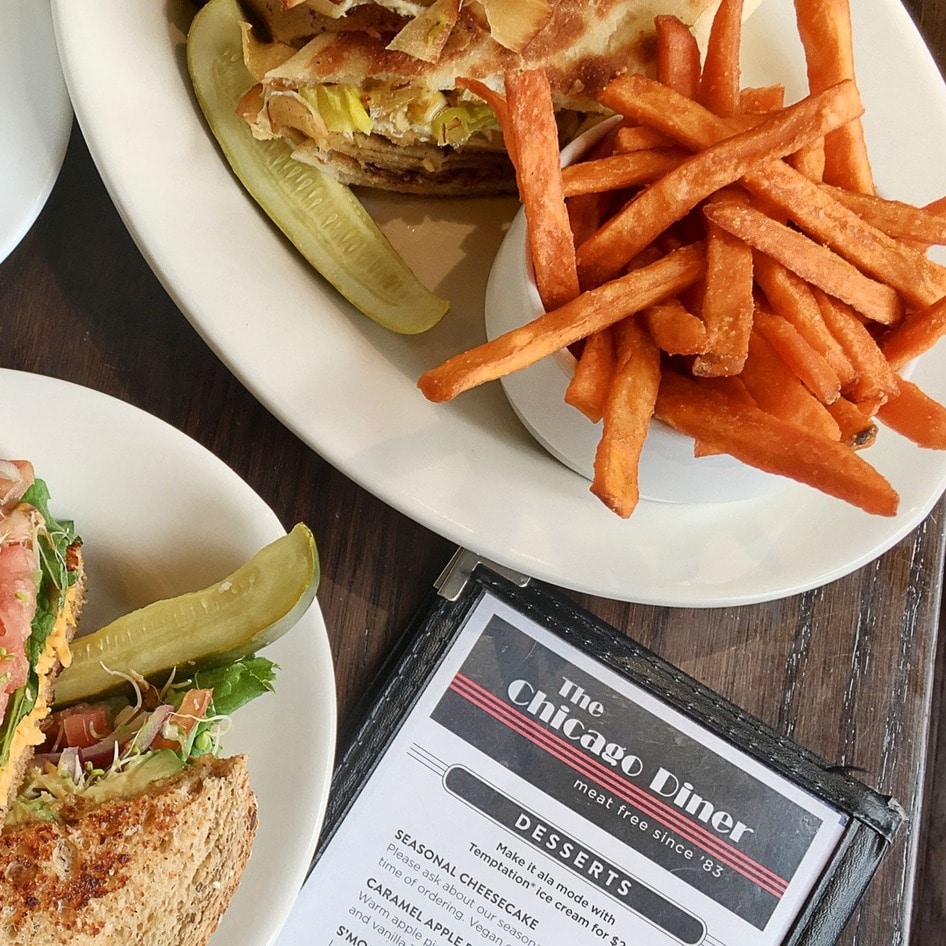Three out of 10 seniors (30 percent) in North America are eating more plant-based foods due to the COVID-19 pandemic, a report compiled by retirement residences company Amica Senior Lifestyles found. Between September and October 2020, a representative group of 1,409 Baby Boomers and seniors from the United States and Canada were polled on behalf of Amica Senior Lifestyles about their dietary behaviors during the pandemic. In addition to trying more plant-based foods, the survey also revealed that 59 percent of participants said they were eating healthier and increasing their physical activity.
“I see the growing interest of older individuals in plant-based foods as a natural response to both their current lifecycle and the trends that are buzzing in the news. Many may be working with current or increased risk of cardiometabolic issues (hypertension, elevated cholesterol, higher blood sugars) which copious amounts of research consistently indicate can be mitigated by increasing plant proteins,” Integrative and Functional Eco-Dietitian Mary Purdy, MS, RDN said. “Additionally, they may surmise that it is a way for them to take part in more eco-friendly practices that can reduce greenhouse gas emissions as a nod to the younger generation who are being left with a bit of a mess of a planet. Lastly, digestion slows down as we age and the fiber contained in many plant-based foods is often a friend to someone who might need a little support in that department. Nothing like a bean burger to help move things along.”
Helping seniors go vegan
In September, Connexion Insurance Solutions—a Seattle-based general agency specializing in health insurance—launched the Northwest Connexion Challenge, a 30-day program to help seniors go vegan. The program was launched in partnership with Drs. Dean and Ayesha Sherzai, who help seniors transition to a whole foods plant-based diet while engaging them in a virtual community to help them fight feelings of loneliness during the pandemic.
JUMP TO ... Latest News | Recipes | Guides | Health | Subscribe







